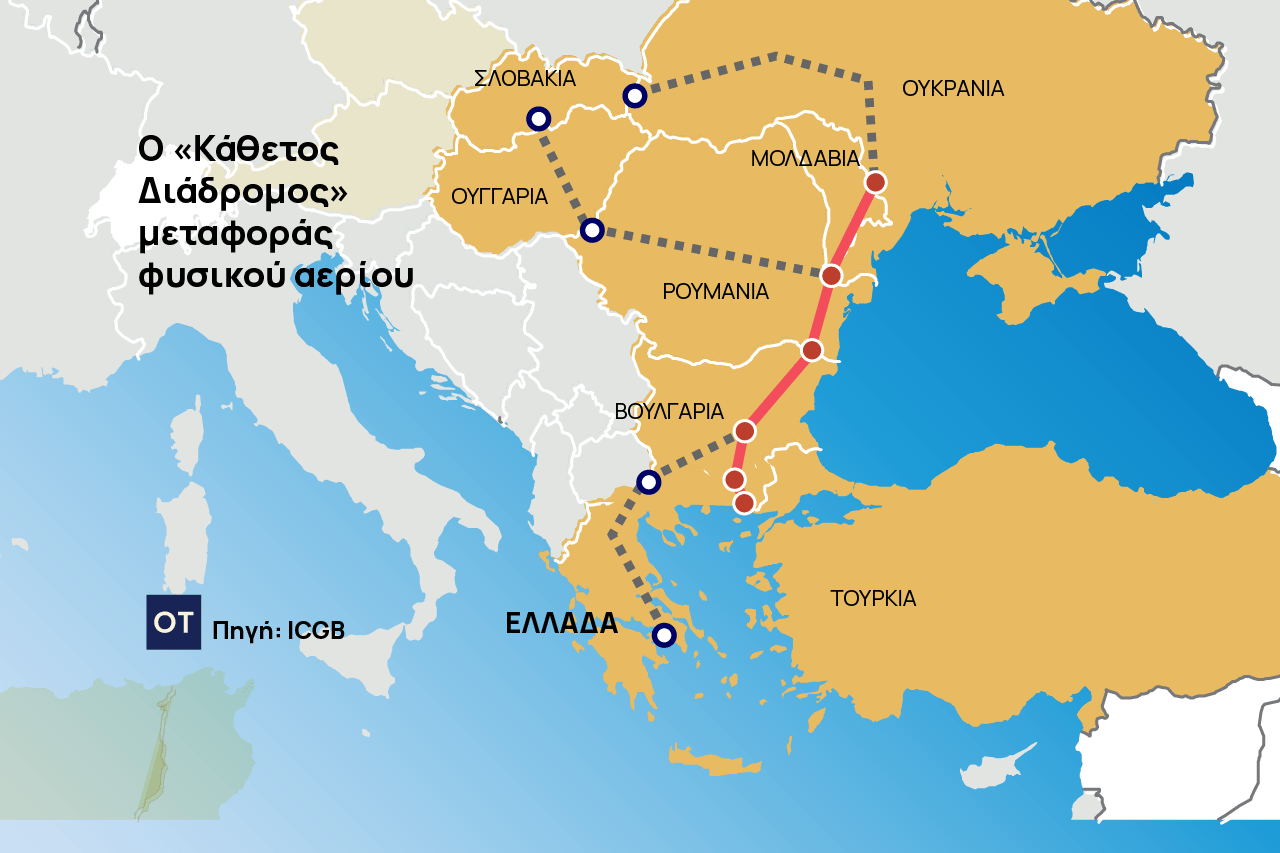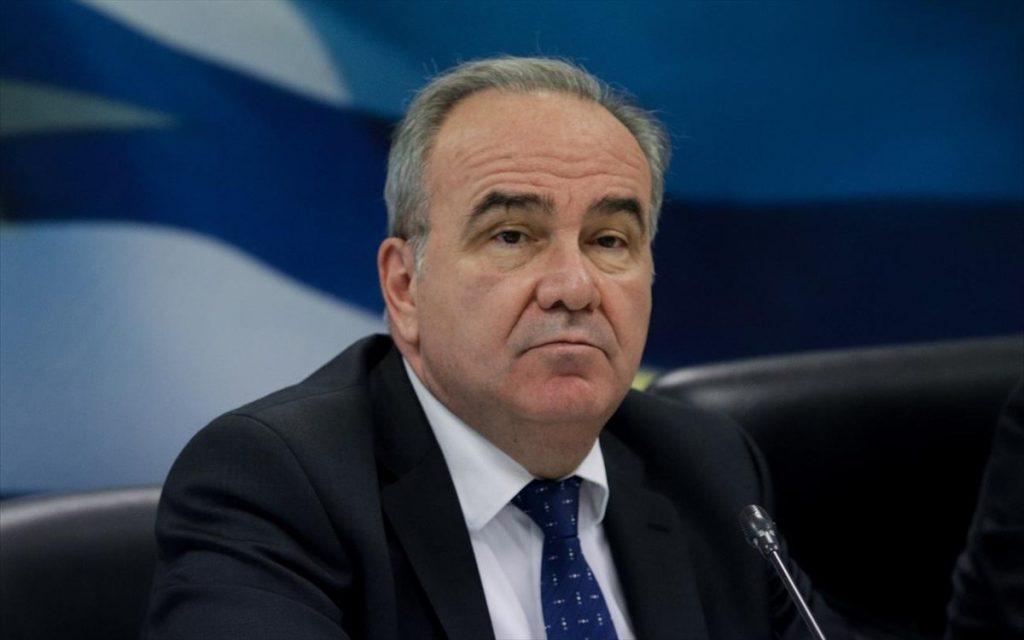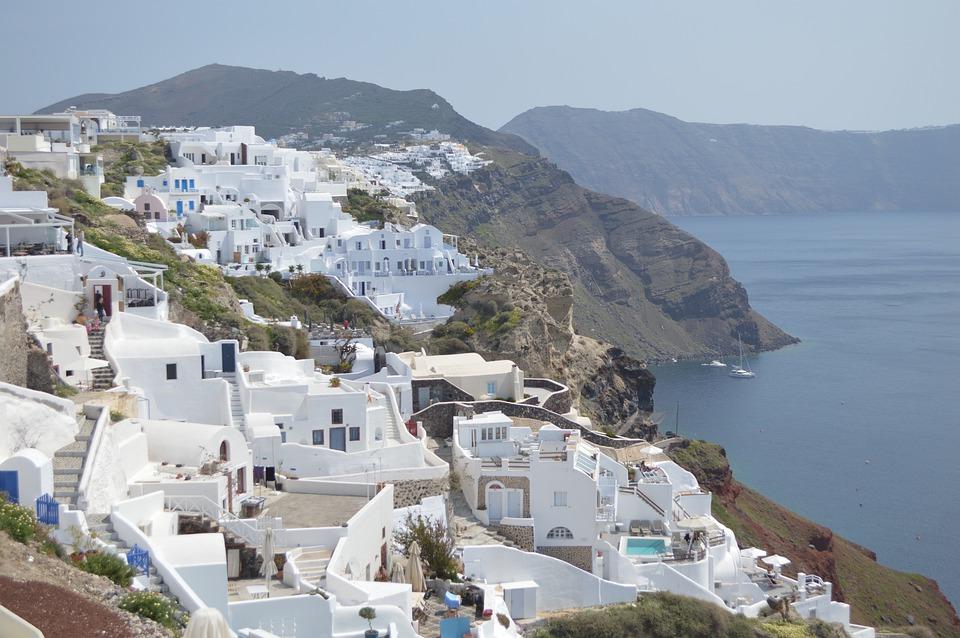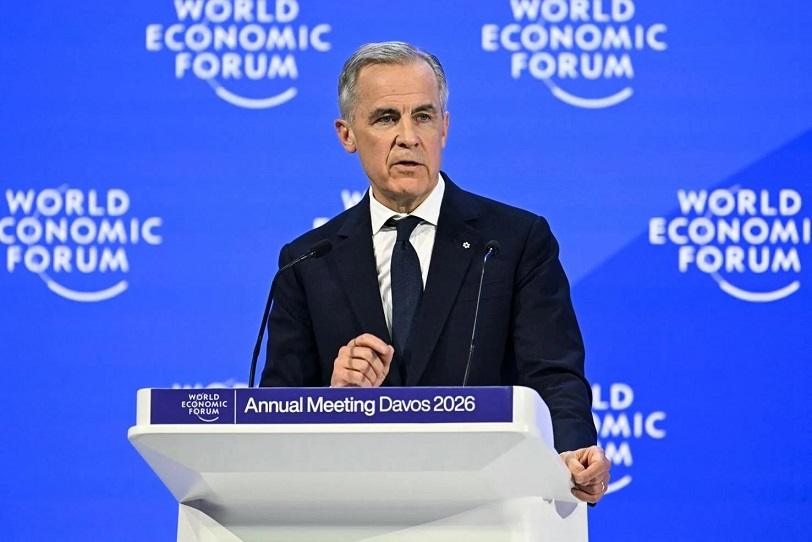The interest for tourism in Greece is recovering dynamically after the short-term decline due to the Ukrainian crisis and inflationary pressures, according to the estimates of hotel and tourism factors. At the same time, this trend is verified by studies that have come to light recently.
After the first days of the war in Ukraine, there was a tendency to concentrate bookings mainly from markets such as Germany and Poland, in addition to the cancellations from Russia and Ukraine. However, the British and Americans continued to show their normal interest, while tourists from other European countries are gradually returning.
Climate change and the resurgence of booking rates are also documented by an analysis by Hotelwize, which drew data from a large sample of websites, including a total of 15 international markets.
The mixed feelings of the first days of the war, gave way to optimistic messages, as the increase in tourist interest in Greece in the last ten days is more than clear. The data were collected during the period from February 14 to April 4. Forty days after the Russian invasion of Ukraine, the decline in tourist interest in all study markets totaled 5.5%, with fluctuations within ten days being of particular interest. During the first ten days, the tourist interest fluctuated at 23.3%, recording at the same time an increase of 7.8% in the second ten days of the analysis. Moving on to the third ten days, the tourist interest seems to be stabilizing, showing a very small drop of 0.7%, while in the fourth and last ten days an increase of 15.2% was observed.
Primarily important markets for Greece such as Germany, the United Kingdom, the USA, France and Italy show interesting differences between the time periods studied. All the above markets in the first ten days after the crisis have a negative sign in terms of tourist interest, but either return after the second ten days or show a significant increase in the 4th ten days.
The USA dominated in the second ten days, recording an increase in tourist interest by 22.7%. The upward trend continued in the third ten days with + 4.9%, while in the fourth there is a slight decline.
Of particular interest is the case of Germany, which despite falling both in the first (-23.3%) in the second (-6.7%) and in the third ten days (-13.9%), in the fourth significant increase + 22.8%.
In the United Kingdom, in the first ten days of the analysis, tourist interest decreased by -25.7%, while the second increased by + 10.8%. The third again showed a drop of -14.3%, however there was a vertical increase in the fourth ten days that reached + 20.7%.
In Italy, a drop of -33.5% was recorded during the first ten days, an increase of + 11.4% during the second, which continued in the third with the corresponding percentage reaching + 17.9%, reaching +21 in the fourth, 3%.
In France, after falling -20.4% in the first ten days, tourist interest remained strong in the second, reaching + 20.3%. Although it failed to maintain its positive sign in the third (-11.9%), in the fourth ten days there was a positive development reaching + 6%.
Developments between Russia and Ukraine do not seem to affect the tourist interest of the markets of Turkey, Israel, and Canada, where overall the sign is positive. In contrast, countries such as Poland, Belgium, the Netherlands, Austria and Switzerland show reduced tourist interest.
Commenting on the conclusions of the analysis, the CEO of Hotelwize, Iason Milionis, stressed that although initially, there was a decline in tourism interest, eventually it seems that Greek tourism will maintain the dynamics for this year, with tourism interest showing resilience from countries inside and outside the European Union.





































![Ελβετικό φράγκο: Τα SOS για να ρυθμίσετε το δάνειο – Τα κριτήρια [πίνακες]](https://www.ot.gr/wp-content/uploads/2026/02/ot_elvetiko_fragko2-1.jpg)


